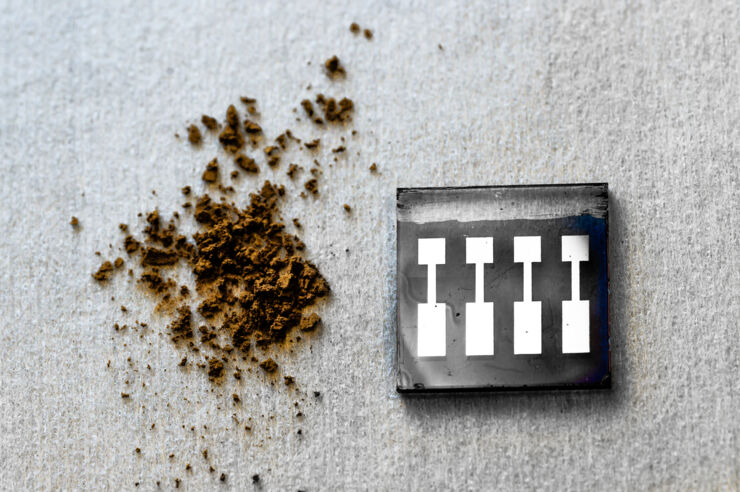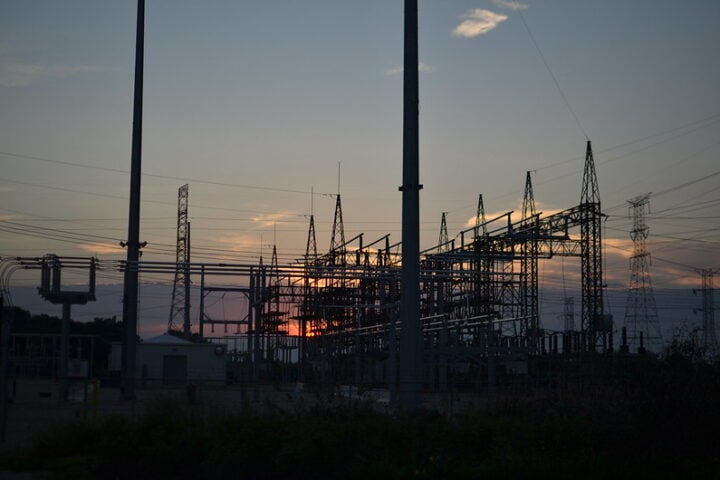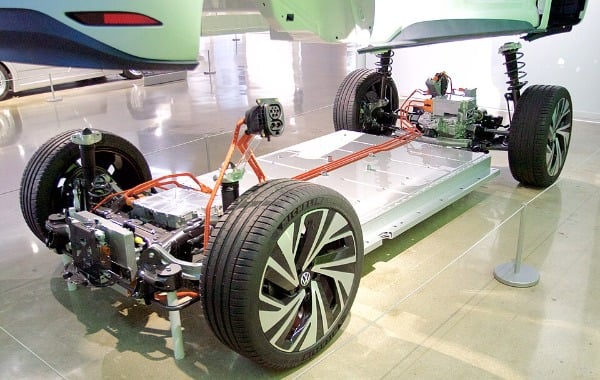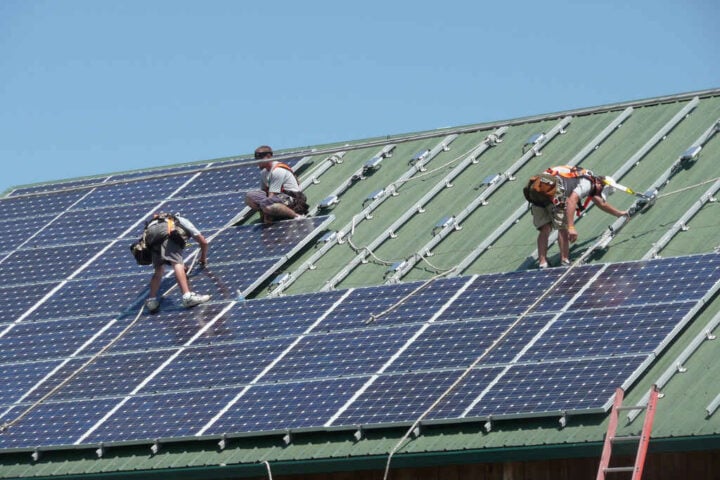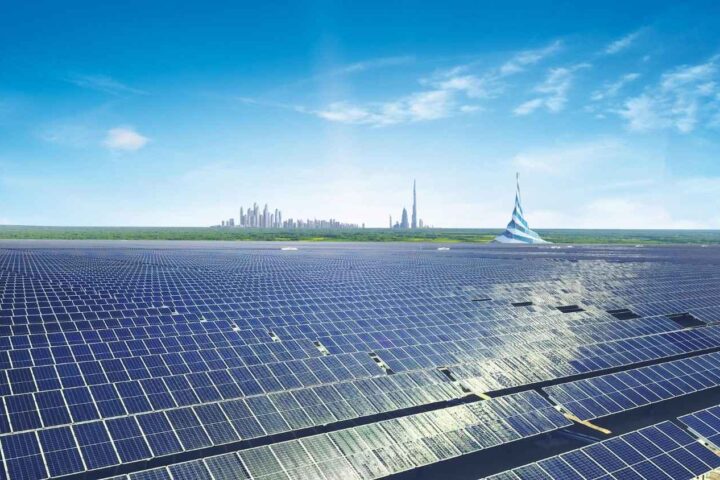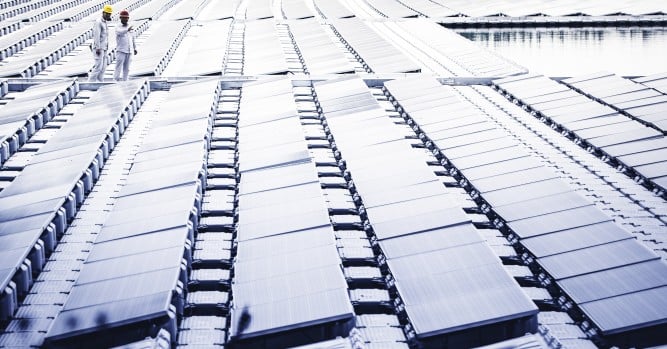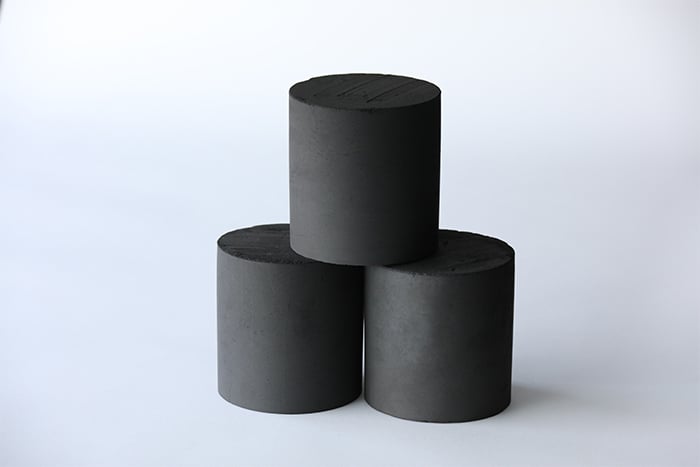Revolutionizing Solar Energy with Wood Materials
Researchers at Linköping University and KTH Royal Institute of Technology have made a significant stride in renewable energy technology by incorporating kraft lignin into organic solar cells (OSCs). This innovative approach uses kraft lignin, a common by-product from wood pulp, as part of the electron transport layer connected to the cathode in solar cells. The primary goal of this research is to develop solar cells that are not only efficient and reliable but also environmentally friendly and economical.
Kraft Lignin: Enhancing Stability and Sustainability
Kraft lignin’s ability to form numerous hydrogen bonds plays a crucial role in stabilizing the solar cell. This natural material brings a new dimension to the stability of OSCs, which traditionally rely on polymers derived from oil. The long-term vision of this research is to build solar cells predominantly from wood materials, drastically reducing the environmental footprint of solar technology.
The Practicality and Efficiency of Organic Solar Cells
While organic solar cells may not reach the efficiency levels of their silicon counterparts, they offer significant advantages such as non-toxicity, sustainability, and affordability. With efficiencies ranging between 15-20%, these cells are more than sufficient for a variety of applications, including indoor use and integration with personal electronic devices.
Similar Posts
The Future Path of Organic Solar Cell Technology
This research marks a pioneering step in the market for organic solar cells. The potential for scaling up this technology for broader applications such as energy supply is immense. By moving towards wood-based materials, the entire lifecycle of solar cells can become more environmentally friendly.
Professor Mats Fahlman from Linköping University emphasizes the significance of this development: “We want to build efficient, reliable, cheap and environmentally friendly solar cells. This study enables us to show that this is possible and a first step towards replacing today’s oil-based materials with wood-based alternatives.”
Qilun Zhang, principal research engineer at LOE, also highlights the advantages of kraft lignin: “It turned out that this made the solar cell more stable. The advantage of kraft lignin is that it has the ability to create many hydrogen bonds, which helps to stabilize the solar cell.”
Funding and Support
This study, published in ‘Advanced Materials’, has received significant funding from prominent organizations including the Knut och Alice Wallenbergs Stiftelse, Energimyndigheten, Vetenskapsrådet, the Swedish Foundation for International Cooperation in Research and Higher Education – STINT, and the Swedish Government Strategic Research Area on Functional Materials – AFM – at Linköping University.
The integration of kraft lignin in organic solar cells opens a box of ideas for researchers and the environment. This development not only showcases the potential of natural materials in cutting-edge technology but also aligns with global efforts to adopt renewable energy sources.
